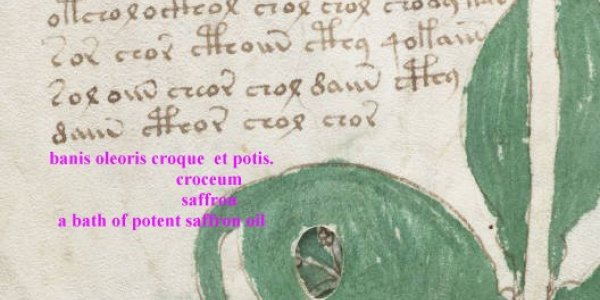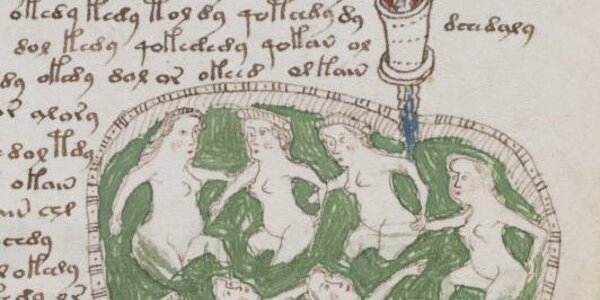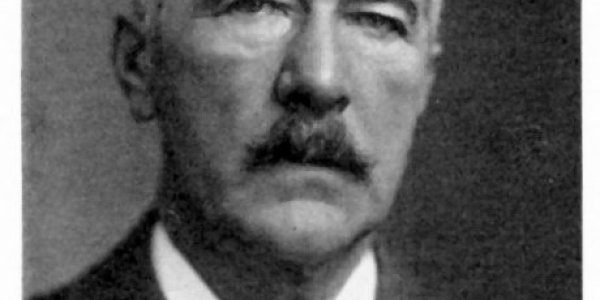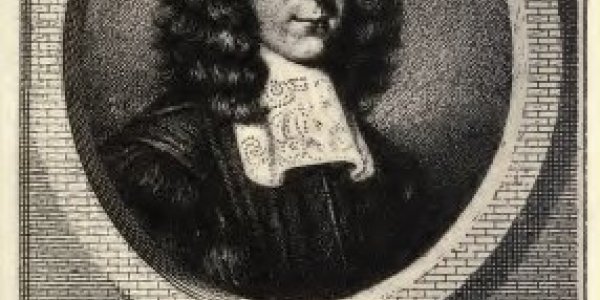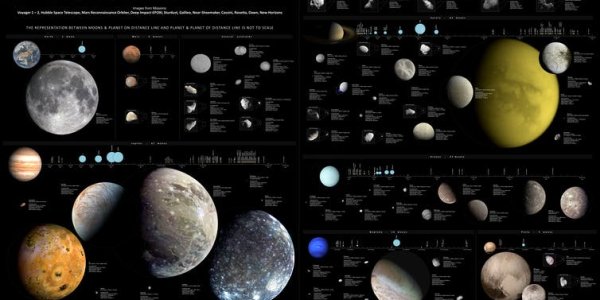The Keys to the Voynich Manuscript
The Keys to the Voynich Manuscript
[edit] while I am unable to respond to comments here due to a bug, I am
making use of Neven Curlin's Arctic Forum to exchange comments under
the topic It is…
